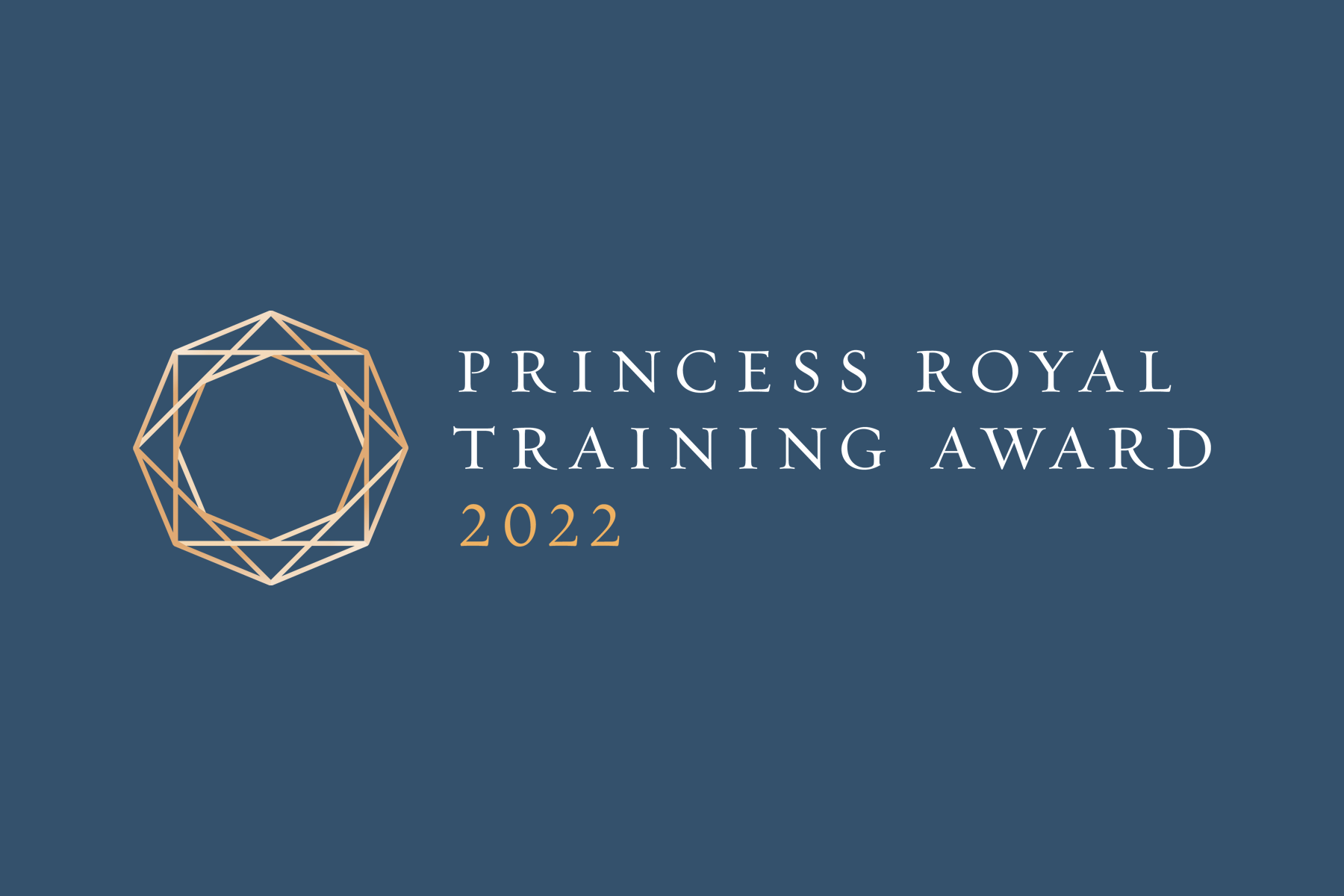Operations Manager
An Operations/Departmental Manager is someone who manages teams and/or projects, achieving operational or departmental goals and objectives, as part of the delivery of the organisations strategy. They are accountable to a more senior manager or business owner.
Working in the private, public or third sector and in all sizes of organisation, specific responsibilities and job titles will vary, but the knowledge, skills and behaviours needed will be the same. Key responsibilities may include creating and delivering operational plans, managing projects, leading and managing teams, managing change, financial and resource management, talent management, coaching and mentoring.
Apprenticeship information
Entry requirements
A minimum of five GCSE at grade 4 (C) or above including Maths and English AND working in a manager role.
Where and how will I study?
- One day per month masterclass at Training 2000, Blackburn
- Six hours per week need to be dedicated towards portfolio work and training in the workplace
Duration
2 ½ years

English and Maths
You may need to complete your English and Maths Functional Skills depending on your GCSE grades, or if you cannot provide evidence of your GCSE results.
The Functional Skills programme runs as an addition to the time you are already required to spend doing your off-the-job training. Following a thorough assessment process, we will select a learning plan suitable for you, which will be either 2-weeks full-time or 12-weeks (one day per-week) each for English and/or maths.
If a subject needs re-sitting, this will be additional time in the classroom on top of your learning plan.

Award winning Apprenticeship programme
The Princess Royal Training Awards celebrates employers with outstanding training and skills development programmes which have been proven to have significant positive impact on their business or their staff. Training 2000 are delighted to have been awarded a Princess Royal Training Award 2022 for driving a shift in leadership culture on our Level 5 Management Apprenticeship programme.
Apprenticeship information
Leadership and management
Provide leadership and people management
IT and digital interventions
Keep up to date with IT and digital interventions such as Artificial Intelligence (AI) and software that can be used in their sector
Data reporting, objectives and targets
Analyse, interpret and cascade data to enable tracking, trend analysis and metric reporting to enable decision making for managing objectives and targets
Continuous improvement
Manage and influence activities and projects within budget and resources to deliver change and continuous improvement
Stakeholders
Collaborate with and manage stakeholder relationships
Resource planning
Lead the creation and implementation of resource plans considering future organisation needs and impact on change requirements
Legislation and regulations
Interpret and comply with relevant legislation and regulation and the impact on the organisation
Equity, diversity and inclusion
Lead and manage the team to ensure the application of equity, diversity, and inclusion principles
Continuous professional development
Lead the team and individual training needs and support continuous professional development
Organisational performance
Communicate complex information to build understanding and drive team and organisational performance
Sustainability
Manage activities which drive the organisation’s sustainability goals
Internal relationships
Build and manage internal relationships and collaborate with colleagues to enable cross-team working
Risk management
Lead and respond to risk management, assessing the opportunities which could affect individual and team performance, and finding solutions that meet their needs
Strategic operational plan
Develop and implement their operational plan that aligns with the strategic direction of the organisation
Next steps
On completion of this course you may want to consider the following options to further your career.
Where can you progress to?
Frequently asked questions
This relates to evidence collected by the learner to ‘prove’ they have met the standards. This could be examples of work completed, positive feedback received from customers/managers or a written statement detailing the steps taken to resolve problems, for example.
We make use of an online portfolio system, which means everyone has access 24/7 whether working in the office or from home.
Absolutely – we support all learners to develop their Maths/English skills throughout the programme and deliver Functional Skills qualifications at the appropriate level where applicable.
The minimum duration for all Apprenticeships is 12 months. Apprenticeships can be completed at any point from month 13 depending on progress made throughout the programme.
Your assessor will conduct monthly meetings, where learning and development will take place as well as assessments.
There is a 60 day wait time from completion called the ‘gateway to End Point Assessment (EPA)’. During this time, we complete a mock-EPA to help prepare you.


